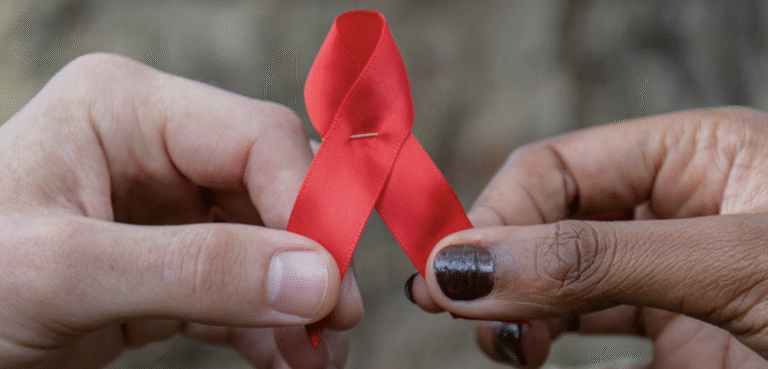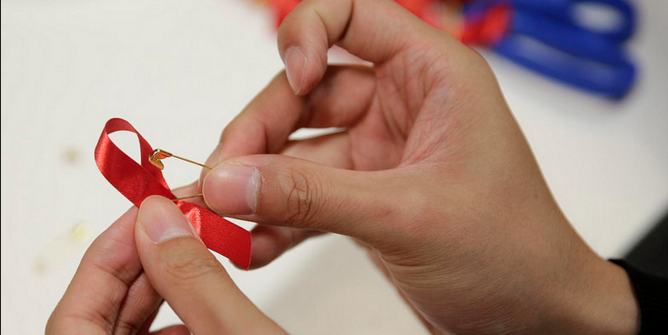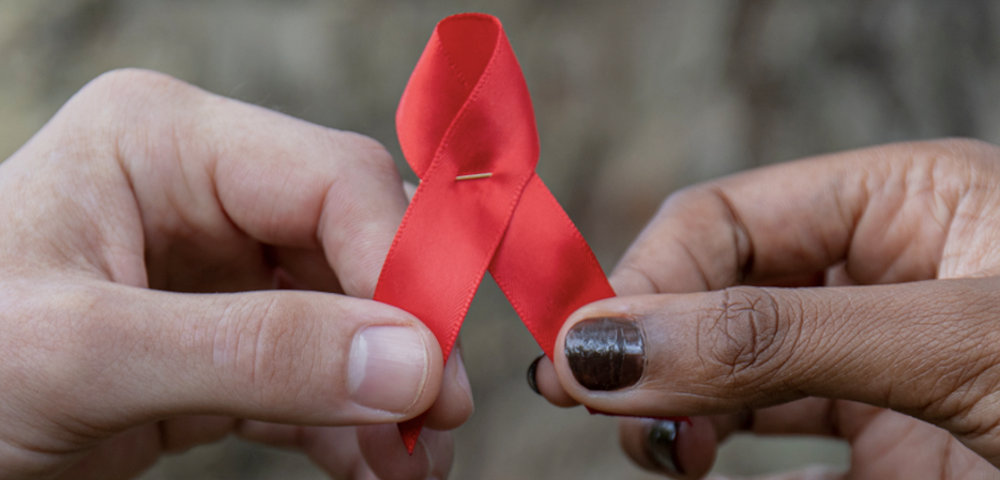
HIV+ Canadian Guilty Of Sexual Assault, Despite Condom Use

A court of appeal in Canada has held HIV positive man who had protected sexual intercourse with three women, guilty of aggravated sexual assault over his alleged failure to disclose his health status. There was no allegation that HIV was transmitted or that he had not properly used condoms.
AIDS organisations in Canada have said that the “unscientific prosecutions” of people living with HIV must end.
The man had argued that he had used a condom every time that he had had sexual intercourse and there was no realistic possibility of transmission of the virus. A trial court in November 2019 had sentenced the 28-year-old man to three and a half years imprisonment.
The court of appeal in Ontario dismissed the man’s appeal. The top court cited a 2012 judgment of the Supreme Court of Canada to mean that both a low viral load and condom use is necessary to negate the realistic possibility of transmission of the virus.
The Canadian HIV/AIDS Legal Network, the Coalition des organismes communautaires québécois de lutte contre le sida, and the HIV & AIDS Legal Clinic Ontario, had appeared as intervenors in the case in favour of the man and had argued that “consistent and correct condom use is, and should be, sufficient to prevent criminal prosecution.”
After the judgment was pronounced on Friday, the organisations issued a joint statement and called on lawmakers to end unjust, unscientific prosecutions of people living with HIV.
“The Court’s decision underscores the importance of the federal government bringing forward legislative changes to the Criminal Code to prevent the continued misuse of criminal charges that are contrary to science, lead to unjust convictions and ultimately undermine public health,” the statement read.
“It is wrong to insist that both a low viral load ( the presence of HIV is significantly suppressed in the body) and condom use is required in order to negate a realistic possibility of HIV transmission.” The statement pointed out that since the Supreme Court judgment in 2012, there have been cases where the court has taken into account scientific opinion and ruled that low viral load on its own is enough as there is no likely realistic possibility of transmission.
“This recognises the global consensus that a person with a suppressed viral load cannot sexually transmit HIV — in other words, “Undetectable = Untransmittable. It’s time for the law to catch up with the science and recognise that condoms can also negate a realistic possibility of transmission,” the organisations said.
In 2018, the Attorney General of Canada had directed federal prosecutors that generally there should be no prosecution for alleged HIV non-disclosure in case of condom use. The directive is, however, not applicable to the provinces.
According to the prosecution, health authorities had informed the man that he was HIV positive in October 2013, and was told about the importance of using condoms as well as the need to disclose his health status to all sexual partners. He started on anti-retroviral medication in April 2013.
The prosecution alleged that he had sexual intercourse with three women and though he wore condoms he did not disclose his health status to them.
The three women in their complaints said that they would not have consented to sexual intercourse if they had known that he was living with HIV. One of the women said she felt suicidal awaiting her test results. Another woman tested positive after having sex with the man, but there was no proof that she had contracted the virus from him.
Despite evidence by an expert at the trial that with correct and consistent condom use there was zero risk of transmission, the trial judge had concluded that condoms were 80%-85% effective in preventing transmission of the virus.
“While there may come a day where there is a reconsideration of the intersection between the law of aggravated sexual assault and HIV non-disclosure risk of transmission cases, this is not that case,” the court of appeal ruled.
The court said that the 2012 judgment “reflected the Supreme Court’s appreciation for the fact that perfectly operating latex condoms provide a perfect barrier to the transmission. It also reflects the court’s understanding that sex happens in the real world and that, in that world, human error and condom failure are concerns across the population. It also reflects the court’s decision to criminalise the risk of transmission from a forward-looking perspective, one that takes into account the need for certainty in the criminal law. Finally, it accommodates an interpretation of the Criminal Code that is consistent with our modern notion of consent to sexual activity.”
The organisations claimed that the offence of aggravated sexual assault as well a penalty was disproportionate in a case of consensual sexual activity where a person had taken all precaution for a zero or at the most negligible risk of transmission.
“Continuing to criminalise people living with HIV — even when condoms are used — is also discriminatory and an overly broad application of the criminal law that is harmful and bad for public health. The injustice is compounded by the severe consequences of a conviction for aggravated sexual assault, including years in prison, mandatory lifetime designation as a sex offender and, in some cases, deportation,” the organisaions said in their statement.
In Australia, according to the Australasian Society for HIV Medicine “there is no longer a legal requirement in any Australian state or territory to disclose HIV positive status before sex, provided the individual ‘takes reasonable precautions’ to prevent HIV transmission.”
However, there are laws that can be used to charge a person with “recklessly, negligently or deliberately,” transmitting HIV to another person, the Australian Federation of AIDS Organisation says on its website.
“Some jurisdictions have specific offences relating to transmission, while in others HIV positive people have been charged with offences such as causing ‘grievous bodily harm’, AFAO explained on its website. The AFAO has advocated against criminal prosecution of people living with HIV saying it undermines health efforts, stigmatises people and could discourage “key populations from accessing testing and engaging with the health system.”










